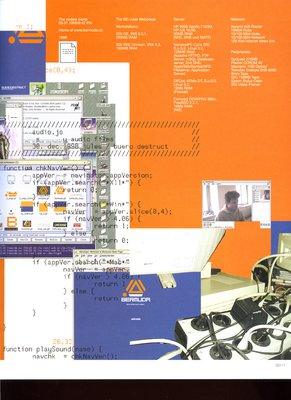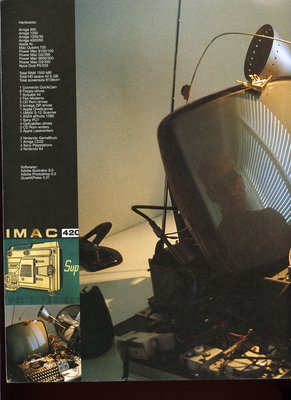Reply 20 of 60, by Kerr Avon
A good book, if you were a ZX Spectrum gamer, is It's Behind You, which is free to download, and is basically the story of how Bob Pape converted the arcade game R-Type to the Spectrum (which incidentally is one of the best converting (or 'porting', as they say now) jobs ever, as the Spectrum version was stagering considering the machine's limitations). Get it from:
It's an interesting and well written book, and shows just how wrong we young gamers were in imagining our beloved Spectrum games being written by well paid and already rich programmers who worked in futuristic offices and had the best job in the world...
wrote:What’s your must-read computer related book? It doesn’t have to be non-fiction.
This is what I’ve read lately:
Masters or DOOM – this was so well written that I think even people who have no interest in id would enjoy it.
It was well written, but came across as sycophantic sometimes, such as calling Carmac and Romero "The ultimate programmer" and the "The ultimate gamer" respectively. On the other hand, the author didn't gloss over the gross disappointment that Daikatana turned out to be, so he presumably intended to be impartial.



